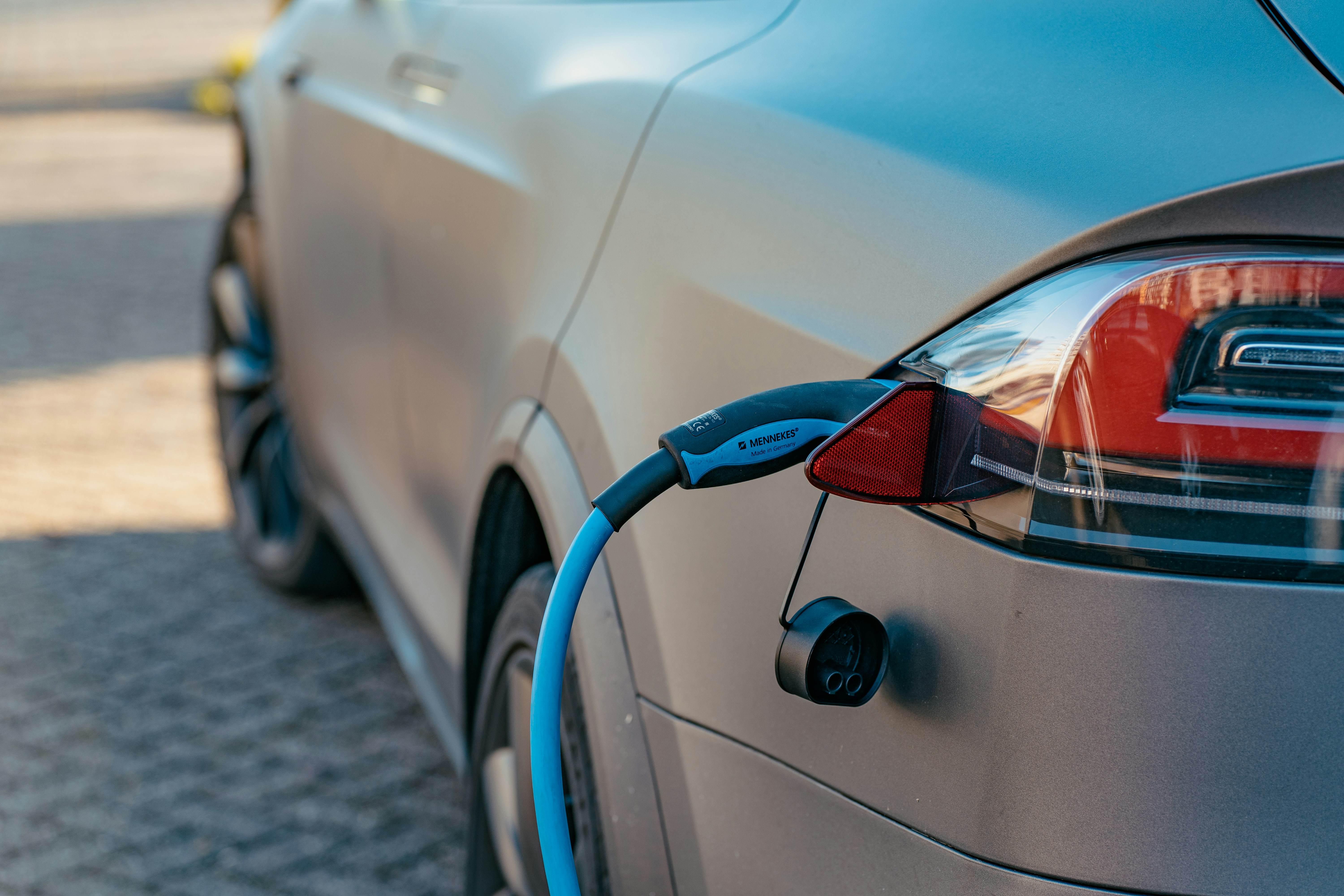Iowa serves as a crucial crossroads for the Untied States transportation system with millions of drivers traveling through the state every year. As more of these drivers begin to sit behind the wheels of electric vehicles (EVs) it is essential that Iowa build a charging network that will meet the needs of these EV drivers, and the thousands of Iowans who drive EVs. In 2023, Charge Ahead Partnership engaged in support of House Study Bill 165 which would have helped to level the playing field and make this charging network a reality.
HSB 165 would have incentivized private investment in Iowa’s EV charging infrastructure by ensuring that private businesses offering EV charging were competing on a level playing field with electric utilities. Specifically, HSB 165 would have permitted power companies to own and operate EV chargers but stipulated that these chargers must be operated by a separate subsidiary of the power company that cannot be cross-subsidized with ratepayer funds and operates under the same rates, terms, and conditions as their competitors. Ultimately, HSB 165 did not make it out of committee in time to meet the Iowa legislature's procedural deadlines.
CAP Hopes to See Policy Change That Will:
Establish a transparent and volumetric rate structure for electricity used for EV charging.
Level the playing field by prohibiting electric utilities from using ratepayer funds to own and operate EV charging stations.
In 2022, CAP submitted comments to the Iowa Utilities Board in Docket NOI-2022-0001. The Board was considering the Public Utility Regulatory Policies Act (PURPA) Amendments included in the Infrastructure Investment and Jobs Act (IIJA) of 2021. For more information on the PURPA Amendments, view the PURPA Amendments blog post.
CAP encouraged the Board to adopt policies to drive the growth of the EV charging network by preventing unfair competition from electric utilities and addressing demand charges, two key barriers to private investment. While the Board learned useful information from this docket, the federal standards were not adopted. The Board also noted that further action on these standards could be taken through other avenues, anticipating additional discussion on these topics continuing in other dockets.


